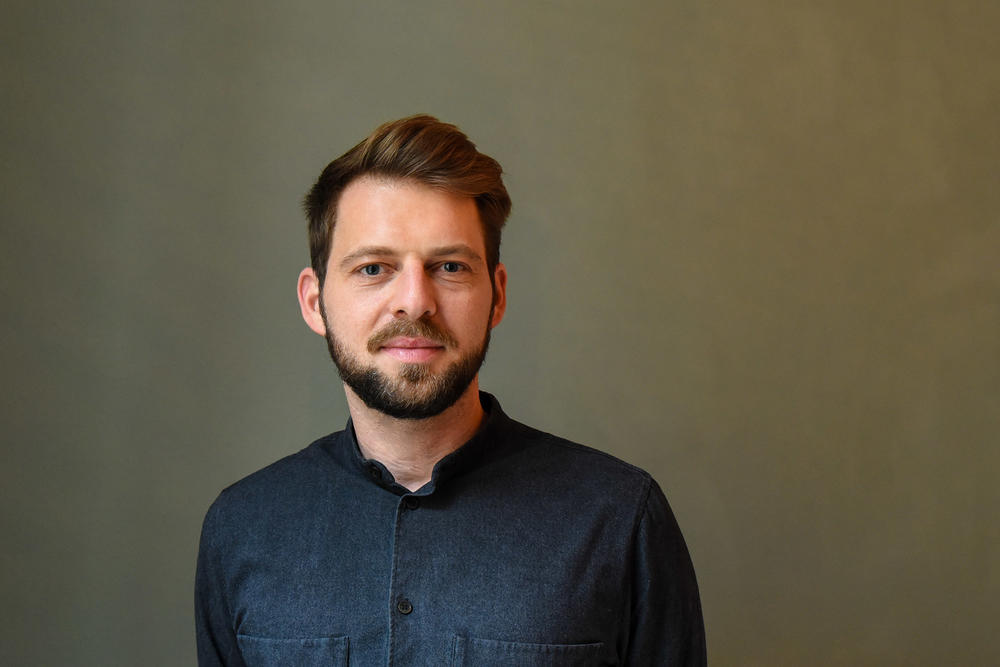“Peace and conflict scholars are currently not living up to their responsibility”
campus.leben series: “How have research and teaching changed since October 7, 2023?” / Conflict researcher Jannis Grimm
Oct 02, 2024
October 7, 2024, marks one year since Hamas launched its terror attack against Israel. We asked scholars at Freie Universität Berlin who teach and conduct research on the region and the conflict in the Middle East for their perspectives. What is their professional view of the situation? How has their work and their discipline changed over the past year? This series will be a recurring feature in campus.leben for the foreseeable future.
A commentary by conflict researcher Dr. Jannis Grimm
The Hamas-led terrorist attack on October 7, 2023, the Israeli army’s warfare in Gaza, and the escalation of violence in Lebanon bring the significant challenges faced by peace and conflict researchers into sharp focus. Nowhere is this more apparent than when it comes to acknowledging and thematizing the pain and suffering of all those impacted by these conflicts in the region in equal measure. Arguably, resisting the hierarchization of victims of violence (and of their experiences) is not only a moral obligation, but also a prerequisite for academic nuance and analytical depth. The inability or unwillingness among vast swathes of academics in the field of peace and conflict studies to recognize and address the simultaneous suffering and victimization of a number of different groups on opposite sides of the frontlines has inevitably resulted in a distorted perception of the brutal realities on the ground, both in the public sphere and in the realm of academia.
Central to this bias is how the wars in Israel-Palestine and Lebanon are widely misunderstood and misrepresented as zero-sum games. This perspective reduces complex conflict constellations to dichotomies in which the pain of one population and its justifiable longing for safety and security implicitly negate or invalidate those of another. In particular, this manifests itself in the selective (de)legitimation of the actions of individual conflict parties. For example, international law has been used as a powerful tool to justify Israeli military operations in Gaza and Lebanon as acts of self-defense against terrorism. Yet it is simply ignored when it comes to Israel’s illegal occupation of Palestinian territories or its attacks in Lebanon.
Equally unsettling is the selective attention given to academic findings about the war, which are instrumentalized, challenged, or ignored depending on their political convenience. A prime example of this is how researchers who highlighted a genocidal dimension in the massacres committed by Hamas a year ago rightly garnered plenty of attention in the aftermath of October 7. By contrast, the fact that those very same researchers overwhelmingly conclude that Israel’s violations of international law in Gaza amount to genocide has received barely any attention. In Germany, it is even actively brushed aside. This picking and choosing of solid scientific findings as much as informed legal opinions effectively threatens the credibility of conflict research as a whole.
The fact that peace and conflict scholars are currently not living up to their responsibility to name and analyze violence in all its forms is a real cause for concern. Instead of promoting a sense of understanding for the equal value of human life and suffering, they have become embroiled in deeply polarized political debates and abstract discussions on the appropriate terminology to describe the brutal realities in the Middle East. Our field has become detached from these realities and remains in a normative stasis, while the actual dynamics of the conflict continue unabated. In view of these developments, there is a pressing need for profound self-reflection and a fundamental course correction.
About the authorDr. Jannis Julien Grimm heads the research group Radical Spaces at the Center for Interdisciplinary Peace and Conflict Research at Freie Universität Berlin.

